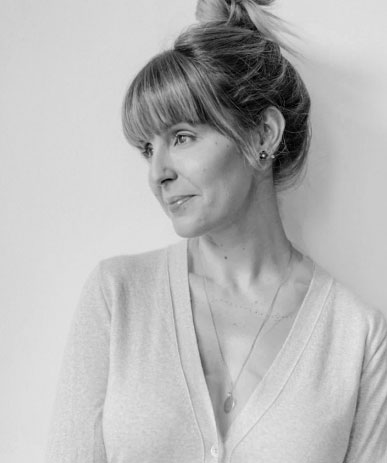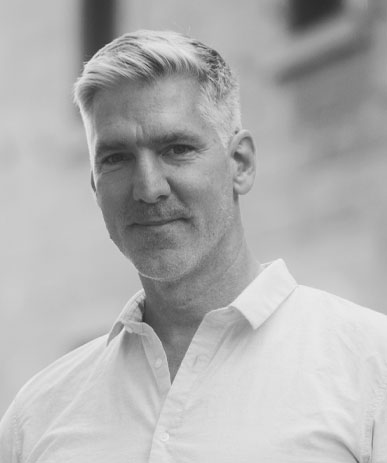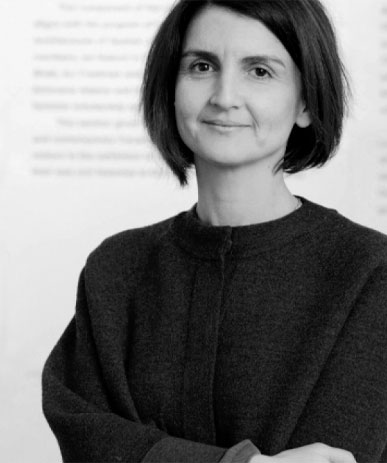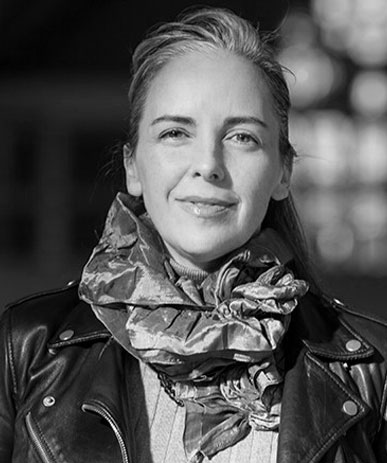CASE STUDIES
Restorative Justice
* For image references, please scroll to the bottom of the page.
Author of case study: Greg Labrosse
Geopolitical location of space:
2001 Saint-Laurent Boulevard
Montréal, Québec
(since 1995)
Extant? Yes
Architect:
Original architect: unknown
Building renovation: Jacques Coulloudon (2011)
Renovation financed by: Stratégie des partenariats de lutte contre l’itinérance (SPLI)
The First Peoples Justice Center is housed within the Native Friendship Center of Montreal and opened its doors in the spring of 2017 for service provision. It was incorporated in 2014 following the “Aboriginal Justice in the Greater Montreal Area” report by the Justice Table of the Montreal Urban Aboriginal Community Strategy Network (March 2013). The report highlighted the lack of continuum of services for Indigenous peoples in Montreal in conflict with the law. It also highlighted the absence of alternatives and of a community approach to justice based on Indigenous principles and cultures.
For over 40 years the Native Friendship Centre of Montreal has provided continuous services to the urban Indigenous population of Montreal and their families and is the only comprehensive service and referral point in the Greater Montreal Area (GMA) in relation to health, social services, legal, orientation/information, education, training, and employment referral for those migrating to or through the city including those from across Quebec, Canada, and the Americas.
Yes. The First Peoples Justice Center currently works towards developing alternative healing options for Indigenous persons involved in the justice system in Montreal. It also supports Indigenous people through active listening, referral and accompaniment to municipal court appointments and processes (for example, Gladue reports).
Services offered:
The First Peoples Justice Center of Montreal’s mission is to work in partnership with the Indigenous community and the justice system in Montreal to:
1. support, inform and empower Indigenous persons in addressing their justice issues and in continuing their transition to a healthy and balanced quality of life.
2. indigenize the justice systems, including educating key players, to engage with Indigenous persons in a fair, culturally respectful and restorative way.
Opening hours:
Monday: 9am-5pm
Tuesday: 9am-5pm
Wednesday: 9am-8pm
Thursday: 9am-5pm
Friday: 9am-4pm
Saturday: closed
Sunday: closed
Yes, it supports Indigenous people through active listening and alternative healing options for Indigenous persons involved in the justice system in Montreal.
Members of the Indigenous community of Montreal and the surrounding region.
The site is open to the public, but the center is focused on offering services to members of the Indigenous community.
The First Peoples Justice Center is located within the Native Friendship Center building at the corner of St-Laurent Boulevard and Ontario Street. The historic three-story building (built in 1903) used to be a branch of the Banque du Peuple and its design is representative of the Beaux-Arts architectural style popular at the time (most notably for the pilasters and large windows of its southern façade).
Inside, the building has been divided into several functional spaces: the welcoming area on the first floor, the mezzanine (where food services are found), and the offices located on the top floor.
Due to its location right in the heart of the city, the Native Friendship Centre offers Montreal’s Indigenous community a number of essential services and plays a vital role in attending the needs of Indigenous people living in precarious conditions. As such, it not only offers paralegal services, but also a day centre, where coffee, soup, bannock, and a safe space are available.
According to Quebec’s Commission des droits de la personne et des droits de la jeunesse, the Indigenous population in Montreal is one of the most discriminated-against groups in the city. The overrepresentation of Indigenous peoples in Canadian jails is a growing problem, and their number has more than doubled in the past fifteen years. According to the Correctional Investigator’s 2015 report, a quarter of men in Canadian federal prisons are Indigenous. It’s even higher for women. Nearly 36 per cent of female federal inmates are Indigenous, while less than five per cent of all Canadians are Indigenous.
“A lot of the people caught up in the justice system in Montreal are vulnerable. They’re living on the street, they can’t afford a lawyer, they get legal aid and a lot of times we discover that if the least bit of work had been done, a plea bargain could have been made,” says Wayne Robinson, the centre’s former president.
“Fundamentally, the friendship centre is a space for reconciliation,” says Joannie Caron, a spokesperson for Quebec’s network of friendship centres, the Regroupement des centres d’amitié autochtones du Québec.

is an author, speaker, columnist, and podcaster in the fields of architecture and decorative arts. She is completing her MA in Art History at Concordia University, Montréal, and holds a Bachelor of Commerce with a major in Marketing from John Molson School of Business. She studied Industrial Psychology in Los Angeles, California. Sicotte is the author of two published books on design (2015, 2018) published by Les Éditions Cardinal.

is a Colombian PhD candidate in the Department of Art History at Concordia University. She has a background in architectural design and community activism and holds a master’s degree in Building and Urban Design from the Bartlett School of Architecture in London, England. Her interests focus on socially-engaged art, social movements, collaborative activism in post-conflict scenarios, collectively-produced art, and art produced in relation to the built environment.

is a PhD candidate in Humanities at Concordia University. His research focuses on spatial agency, social aesthetics, youth narratives, and graphic representations of urban memory. He has published on the relationship between children, play, and public space in Cartagena, Colombia. He has also worked as an editor on literary projects, including Territorio Fértil, which received the María Nelly Murillo Hinestroza award for Afro-Colombian literature.

is Associate Professor and Canada Research Chair in Architectures of Spatial Justice (Tier 2) at the Peter Guo-hua Fu School of Architecture at McGill University, Montréal, Québec, Canada. Her research interests include low-income housing and participatory design, civil protest and urban design, and campus landscapes and race. Her publications include the co-edited book, Orienting Istanbul (2010) and solo-authored book, Istanbul Open City (2018).

is an artist and a professor of Art History at Concordia University. Her work focuses on women and the history of the built environment, urban landscapes, research-creation, and oral history. She has published on the spatial history of the suffrage movement, public art, gardens, and the politics of urban change. In addition to her research on the spaces of restorative and transitional justice, she is leading an oral history project on the urban memories of diverse Montrealers.

is Associate Professor in the Department of Theatre at Concordia University, Montreal (Quebec, Canada). He is also the second co-director of Concordia’s Centre for Oral History and Digital Storytelling. His latest publications explore listening in the context of post-conflict performances of memory. For instance, see ‘Facilitating voicing and listening in the context of post-conflict performances of memory. The Colombian scenario.’ In: De Nardi, S., Orange, H., et al. Routledge Handbook of Memoryscapes. Routledge: London. (2019), and his article ‘Not being able to speak is torture: performing listening to painful narratives’. International Journal of Transitional Justice, Special Issue Creative Approaches to Transitional Justice: Contributions of Arts and Culture. (March, 2020)